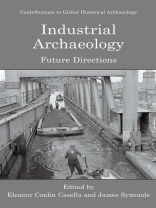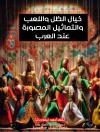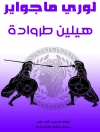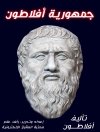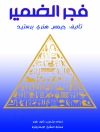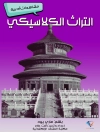Eleanor Conlin Casella and James Symonds th The essays in this book are adapted from papers presented at the 24 Annual Conference of the Theoretical Archaeology Group, held at the University of Manchester, in December 2002. The conference session “An Industrial Revolution? Future Directions for Industrial Arch- ology, ” was jointly devised by the editors, and sponsored by English Heritage, with the intention of gathering together leading industrial and historical archaeologists from around the world. Speakers were asked to consider aspects of contemporary theory and practice, as well as possible future directions for the study of industrialisation and — dustrial societies. It perhaps ?tting that this meeting was convened in Manchester, which has a rich industrial heritage, and has recently been proclaimed as the “archetype” city of the industrial revolution (Mc Neil and George, 2002). However, just as Manchester is being transformed by reg- eration, shaking off many of the negative connotations associated st with factory-based industrial production, and remaking itself as a 21 century city, then so too, is the archaeological study of industrialisation being transformed. In the most recent overview of industrial archaeology in the UK, Sir Neil Cossons cautioned that industrial archaeology risked becoming a “one generation subject”, that stood on the edge of oblivion, alongside th the mid-20 century pursuit of folklife studies (Cossons 2000:13). It is to be hoped that the papers in this volume demonstrate that this will not be the case.
Содержание
Re-Thinking Industrial Archaeology.- “Social Workers”.- Experiencing Industry.- Industrial Archaeology.- After Industrial Archaeology?.- The Conservation of Industrial Monuments and Landscapes.- From Valves to Values.- Publishing and Priority in Industrial Archaeology.- Gas and Grain.- Exploring Mrs. Gaskell’s Legacy.- Archaeologies of the Factory and Mine.- The Social Archaeology of Industrialisation.- Technological Innovation in the Early 19th Century Irish Cotton Industry.- Building a Working Class Archaeology.- Cultural Identity and the Consumption of Industry.- The Industrial Archaeology of Entertainment.- Colonisation in the Industrial Age.- Commentary.- Concluding Comments.
